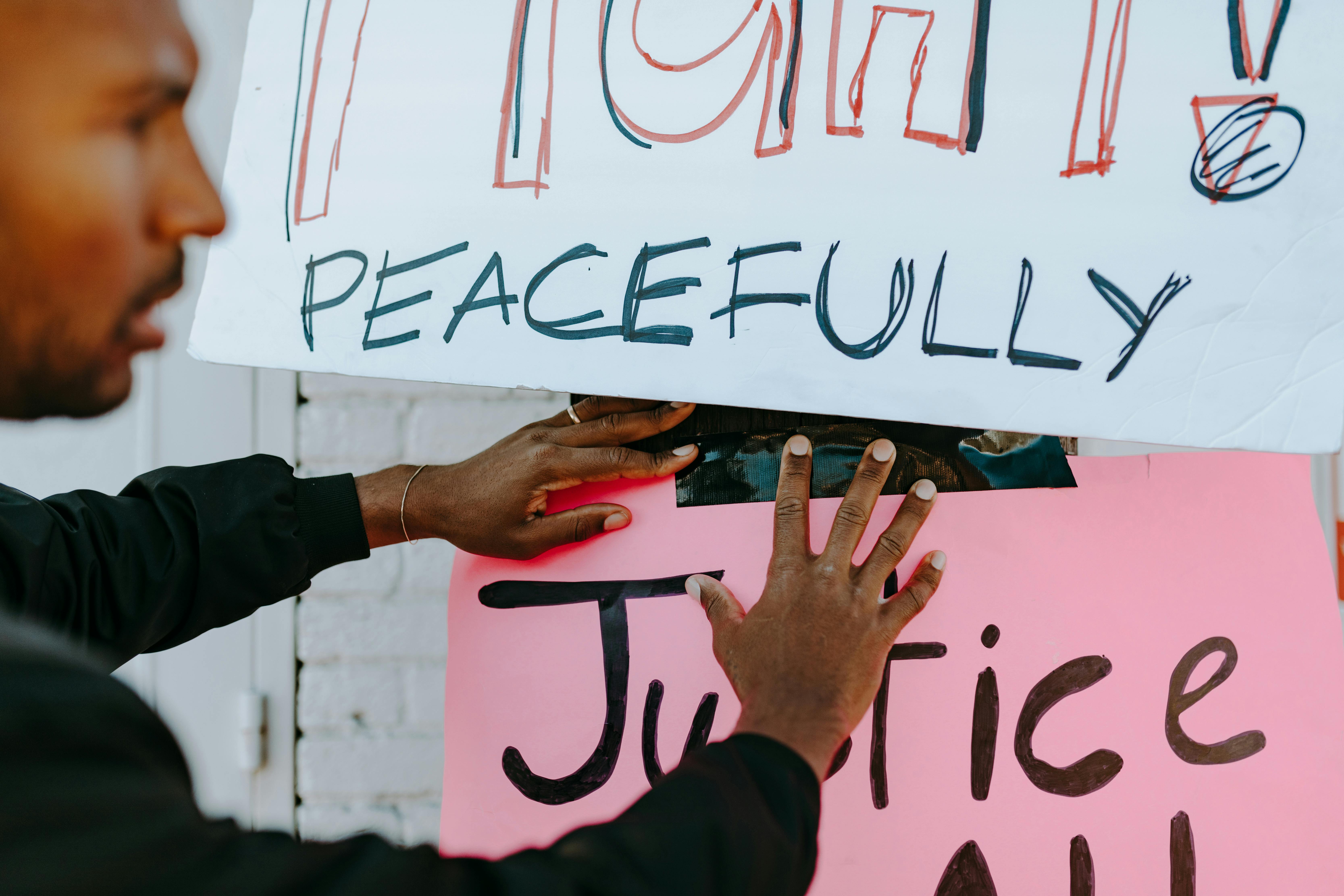“The Chosen Ones”, “Little Emperors of China”, “The Me Generation”, call them what you will, the progeny of the “one child policy” is becoming a serious concern as the elders of this homogeneous group close in on to his last years. 1920s in modern and prosperous China.
Controversy over this approach to population control has been widely reported, citing discrepancies in interpretation and jurisdictional application of issues related to infanticide and selective abortion. There will also be a severe shortage of women for eligible men nearing marriageable age. This fact dispels the myth that the “disappearing girls” syndrome was the result of under-registration of female births and rather supports the idea of widespread female infanticide.
But when asked if the CCP ever anticipated any of these problems, the spokespersons will suggest that they had thought through many of the consequences of the policy over time, but believed that general prosperity would provide measures to solve these problems. Ironically, prosperity and growth have not only failed to provide solutions to the consequences of the policy but have, in fact, exacerbated conditions.
The term “chosen” is used here to indicate not only a very special group of individuals, but also to emphasize that China’s future leaders will be selected from this one-child family policy. What are their characteristics?
Widely described by both foreign observers and domestic critics, “they are spoiled, self-centered, narrow-minded, and unable to accept criticism” (Yang Xiaosheng, Beijing Star Daily). They lack the social skills of their parents, and compared to their Western counterparts, they are like brash children who demand what they want without regard or concern for any inconvenience their demands may cause others. Each child, it is said, is cared for by an average of 7 people: mother; dad; uncles; aunts; and some combination of grandparents. And it is evident that boys are more favored than girls with an average of only 3 people dedicated to their care and attention.
To offer an example: In Qingdao, 2008 Olympics co-host Li Xue Mei is sitting at the local Starbucks having a ‘Vente Caramel Macchiato’ talking to three like-minded friends. They are all around 25 or 26 years old. They all have the newest and most expensive cell phones and two have their Macbooks open on WiFi websites. They are all self-employed but without clients. They have no marketing skills because they have never learned to network; not even needed it. If they don’t have their own car, they’re waiting for one of their parents to pick them up or drop them some cash if they’ve decided to hit the nightlife.
They have all graduated from some sort of university, never having achieved grades high enough to qualify for a top university. Since the big push in the late 1990s, China has created more than 500 new universities and colleges. The entrance exam taken by over 9.5 million students in 2006 has many students in the bottom 50%. In fact, the standard rule of thumb now is: if you can’t get into the top 50% where you can get into a Chinese university…then plan to go abroad, usually to Vancouver, Canada, where you can enroll in some ESL class and pass the hours of the course not in class but in the nearby Bistros drinking Lattes and smoking Canadian cigarettes.
They complain about the unemployment rate but can’t understand why so many graduates can’t find jobs. Unless their parents can find a connection for them so that they can work on something arranged for them, they will not be successful in getting jobs through their own efforts.
In Beijing, Yuan Lin recently launched a motor club for the elite group of sons of high-ranking CCP cadres. He and his wife have borrowed the money without expecting to pay it back. The money lent was in payment for a service rendered to a businessman to clear up Beijing’s bureaucratic tangle. At parties and clubs they talk about complacency and money. Both earned high salaries working for high-end, well-financed national companies or joint ventures before striking out on their own. They now own an apartment, a car, and have rented a country villa for 20 years. They have a child, a boy. There is no talk of politics or democracy. Tiananmen Square is a vague historical episode that has no basis in everyday life and any talk of democracy is acceptable as long as it does not upset the status quo and is given to others if sacrifices have to be made.
This is the good life and they don’t want to give it up. He feeds on the ultra-consumerism that feeds on itself. There is discomfort among the lower and disadvantaged people, but this is not an issue that concerns these groups in the city.
Last year there were several reports of farmers taking up arms against local corruption. The episodes were put down and, in some cases, many protesters were killed or imprisoned and later tortured. Newspapers paid little attention to the events, and authorities did nothing to help farmers who may have had legitimate disputes with local government officials.
Last month, Beijing issued a law banning the height and keeping of dogs as pets. Many pet owners, outraged by the brazenness, protested to the local government and so outraged the pet owner group that President Hu Jintao personally intervened to repeal the law. The government party does not want to bother the children of conspicuous consumption. This brings us to ‘the chosen ones’.
This generation, born after 1978-1980, when the one-child policy was implemented, represents the young entrepreneurs on the rise these days. At least, those with connections are. And those with the best connections, i.e. guanxi with high-ranking CCP members are the ones from whom the next generation of leaders will be chosen. The members of the ruling party are made up of approximately 100 ruling families. His children: the pampered; the self-centered and narrow-minded will lead China in the future. They have never had to sacrifice; I have never required communication or negotiation skills and I have never faced a confrontation. How will it go?
During the last XVII Congress, Hu Jintao declared that by 2020 the party will quadruple the GDP. Where is the market? Certainly, the domestic market is limited for that kind of growth as the gap between the haves and have-nots is widening. Much of China’s growth is due not to innovation but to output growth generated by systems like the WTO (2002) and the Olympics (2008). China won’t maintain its low-wage advantage for much longer with the industry looking to the Philippines and Viet Nam, which have even lower wages. The US may enter a period of recession in growth and the dollar will weaken further. Unemployment is rising among the well educated and inflation fueled by unprecedented real estate appreciation and a stock market that is 70% owned by the EPL, shows no signs of abating.
The chosen ones will inherit a precarious position in the ranks of prosperity. All nations have faced these conditions from time to time, but their leaders have had some experience in real-life circumstances: they have tasted defeat; have experienced difficulties; they understand the range of social conditions that generate hope and the will to survive.
The members of the old guard are survivors of the liberation movement and the Cultural Revolution: the new guard will not have had such learning experiences and will need to seek help, which is their natural inclination. To whom will the hand go?

